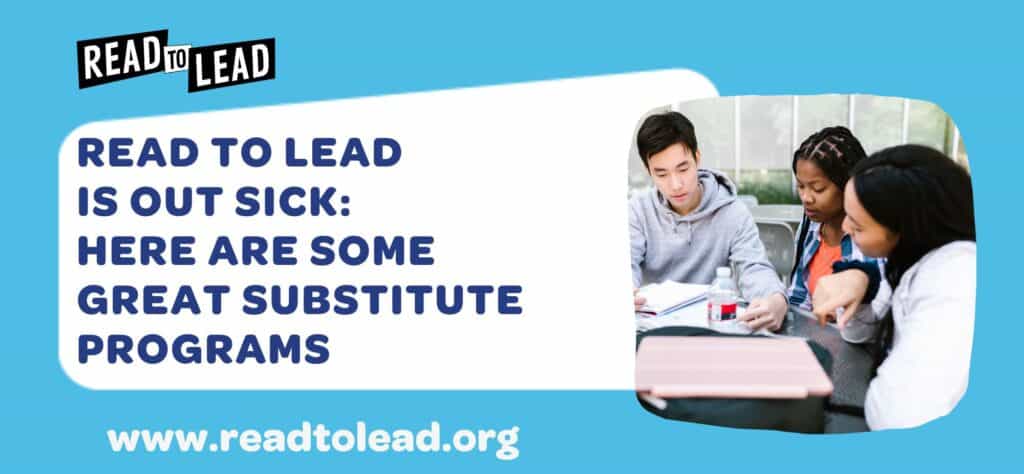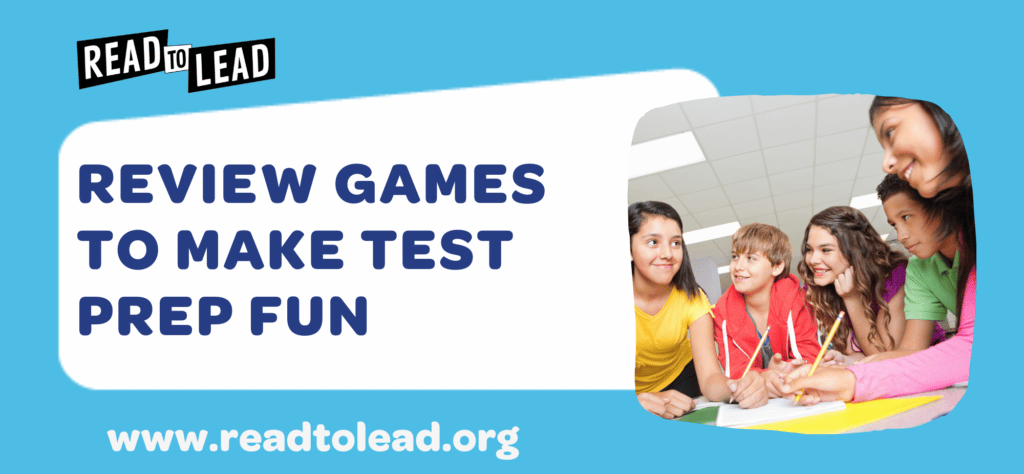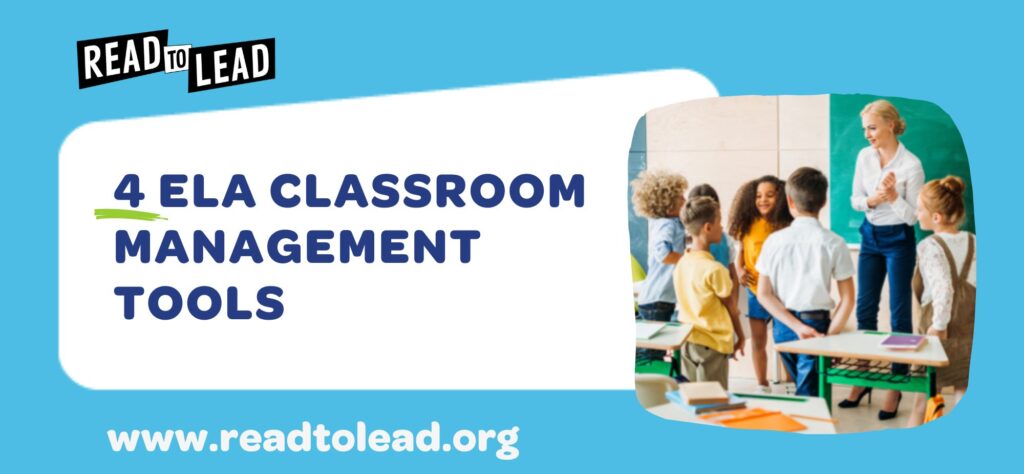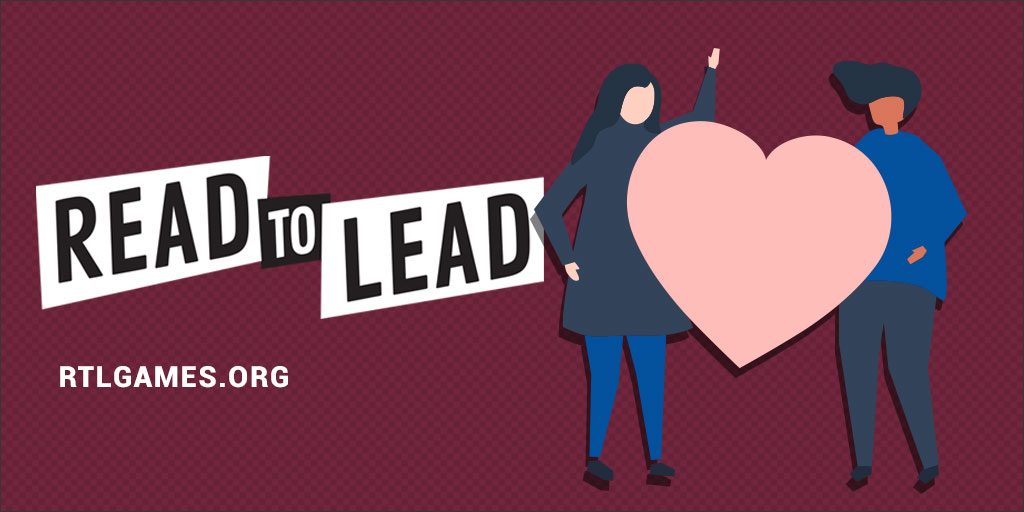
Service-learning as a pedagogical tool has seen increasing popularity in recent years. Through service-learning, students learn educational standards by tackling real-life problems in their community. By offering a direct application of theoretical concepts to daily life, service-learning helps students understand the material better and in more meaningful ways. The inquiry-based approach where students take ownership of their learning also ensures that they are more motivated and engaged. Beyond just these benefits, service-learning projects can also help build student empathy.
Why Student Empathy is Important
Empathy is an essential skill that allows a person to understand and share the feelings of others, and see things from their perspective. Young children tend to be naturally egotistical and need to be taught empathy; as they get older, reinforcing the practice of empathy benefits students both in the classroom and in their adult life.
Higher empathy and emotional intelligence have been linked, not just to better classroom performance but also to conflict resolution, an important skill in all aspects of adult life. As the world we live in becomes increasingly interconnected and globalized, empathy becomes a foundational building block for creating community. Given that students are coming from increasingly more diverse socioeconomic and cultural backgrounds, empathy is essential for them to see each other as belonging to the same community.
Apart from this, empathy has been contributing to higher levels of happiness, greater success in leadership positions, lower stress levels and much more. All the evidence points to the benefits of cultivating empathy in our students and providing them with more opportunities to practice it.
More Service Learning Projects = More Student Empathy
How can service-learning projects increase student empathy? Service-learning has been shown to reinforce empathy as it removes the imaginary barriers between self and others, and enables students to visualize themselves in other positions. A 2015 study found that students exhibited a positive increase in empathy and community engagement after participation in a service-learning program. Getting students to engage in their community through service learning projects also helps them build empathy because of their greater interaction with people in need.
How Read to Lead®️ Can Help
It can be a challenge to develop a meaningful and engaging service-learning project that contributes something of value to the community. Read to Lead®️ includes a culminating service-learning project that allows students to put the lessons and skills they have learned to good use within their community.
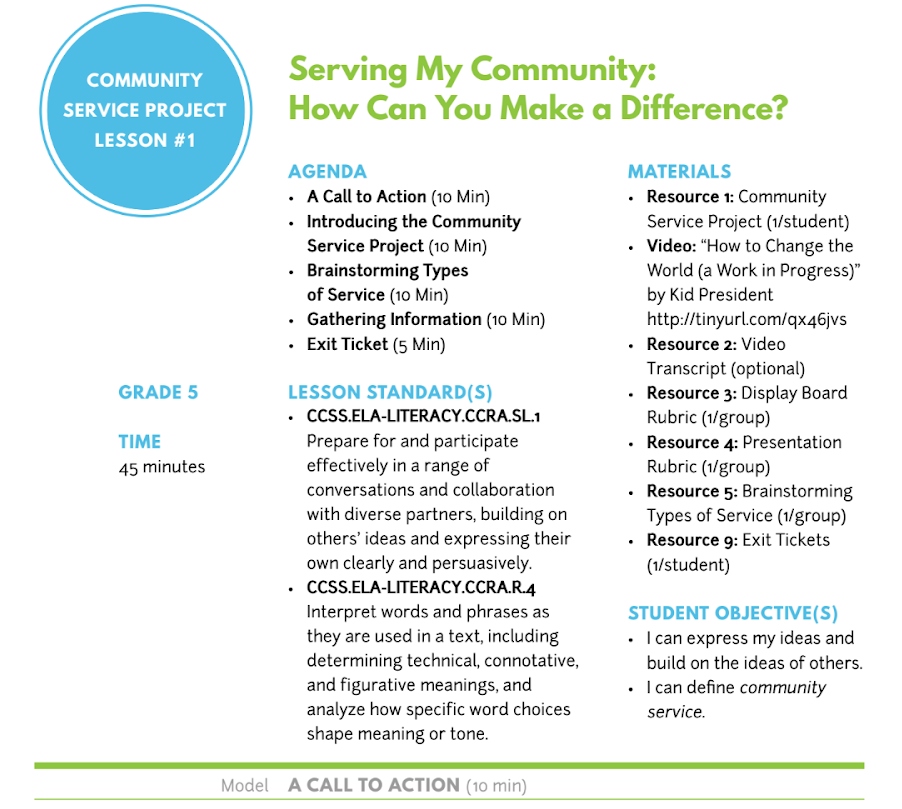
Through these carefully crafted lessons, students develop a deeper understanding of what it means to serve the community, who benefits from their service, and are encouraged to make a difference in their own communities with a concrete project they can put into action.
Thousands of middle school students across the country have used Read to Lead®️ as a starting point to launch their own service-learning projects in their communities. In New York, students in the Children’s Aid After School Program made over 150-holiday cards for residents at a local senior center, and Legacy Scholars from the out-of-school time program at The Legacy Center put together healthy snacks for those experiencing homelessness. Cassandra Iverson, an English Language Arts (ELA) and reading teacher in NJ shares how her students used the social justice components of Read to Lead®️ as a basis to start thinking about what they could do to benefit their community.
By using the lesson plans in Read to Lead®️, educators can inspire their students to participate more in their communities through worthwhile service-learning projects that not only build student empathy but also make a difference to others.
What kind of service-learning projects are your students leading? Join the conversation in our Educator Community, or connect with us on Facebook, Twitter, and Instagram!
About Read to Lead
Read to Lead uses the power of game-based learning to empower middle school students to build literacy, life, and career skills. Teachers can sign up for a free account to get started!
